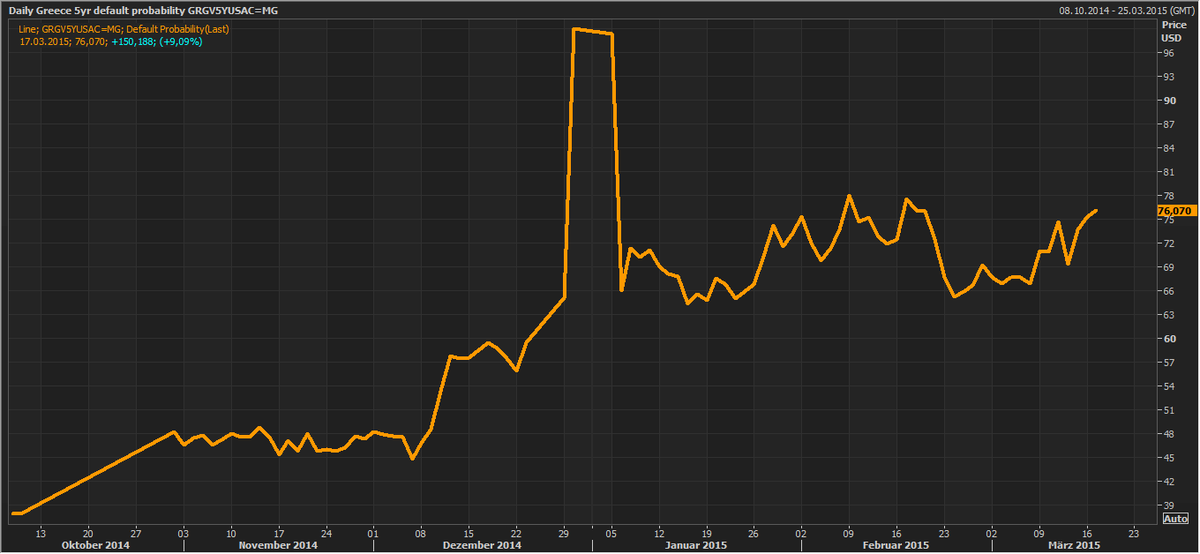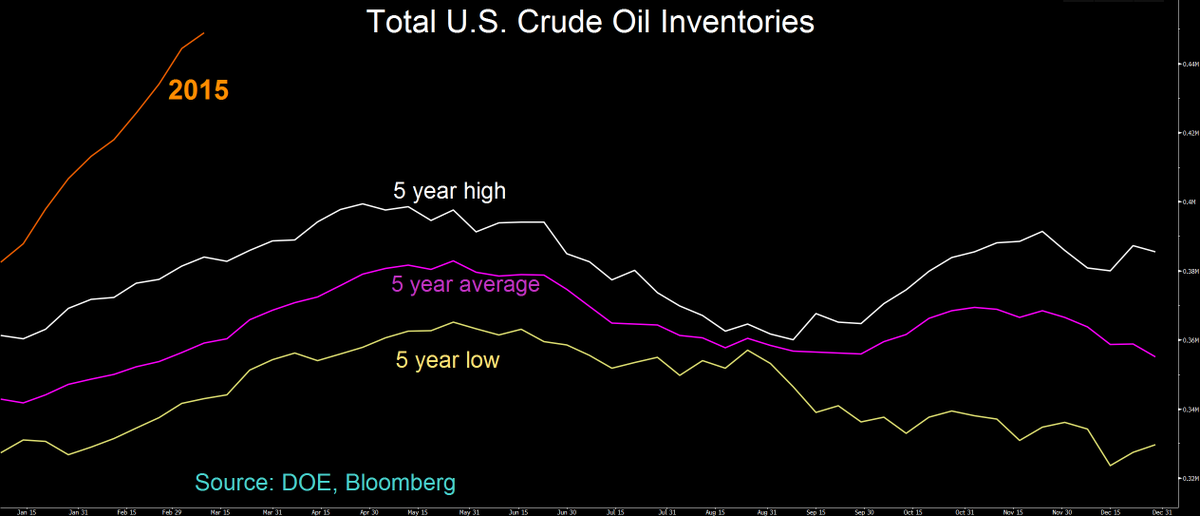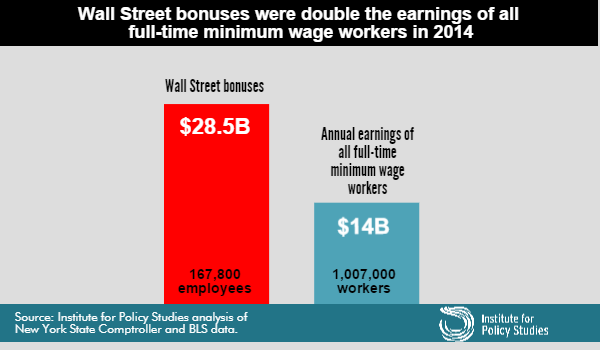A4V

Accept For Value to Discharge Debt _ A4V
For as long as we have been using FRN, there has been
no real money to actually be able to pay for anything. All we can do is
charge and discharge debt, and the books are balanced when an equivalent
entry is recorded on both sides of the ledger.
“Accepted for Value” (A4V) is a method that can be
effectively used to discharge bills/presentments sent with a payment
voucher attached. I know from personal experience the IRS for one will
not refuse or return your payment made in this method. It actually helps
them settle their books. Credit collectors will typically write the
balance off because they can't do anything else, and it's a tax
write-off for them. Credit card companies don't want to admit it, but
they will also write off the payment (and close your account) and
receive a tax credit to settle their books.
In red ink, at a forty-five degree angle (called “Bankers Script”) on the upper portion of the bill write: “Accepted
for value – Returned for value. Exempt from levy. Offset this billing
by routing through and ledgering against the Private Exemption account
of John-Quincy:Doe (your name),Private offset account # 123456789 (your SSN without dashes) at the Department of Treasury for credit to: (whoever offers you the contract/presentment) – for further credit to the account of: JOHN Q DOE, account # 123-45-6789 (your SSN with dashes). By: (signature), Authorized Representative, Principal. Date:_________
USPS Certified Mail Receipt # _________________________________________”
On the lower portion of the bill, under the perforation
is the payment coupon or voucher. We are going to turn this into a
Money Order. It must contain all the basic elements of a typical bank
draft/check. Complete in blue or black ink as follows:
“Date” top right corner; “MONEY ORDER” top center; “Pay to the order of: (whoever offers you the contract/presentment): left center; “the amount written out in words”, second line, left center; “Amount in numbers”, right center; “By: (signature), Authorized
Representative for JOHN Q DOE, EIN# 123-45-6789” lower right
corner. Make sure to endorse it on the back like a check, with your
signature and EIN#.
You Have An Exemption Account to Discharge Debt
House Joint Resolution 192, June 5, 1933 established a
check and balance within Statutory jurisdiction under the new bankruptcy
system. The American people were responsible for paying the Federal
government's debts, in exchange for the Feds offsetting our personal
debts “dollar for dollar” with a tax exemption account that operates as a trust.
Each birth certificate is connected to a trust and an
exemption account, and was to be claimed by the individual at the age of
majority and used to discharge their debts. There is a Public exemption
account represented by your NAME in all capital letters and your Social
Security Number with dashes: 123-45-6789. There is also your Private
exemption account held by the US Treasury with your human name, not in
all capital letters, and your Social Security Number without dashes.
The original intention was that we were to use the
private account to charge, and the public account to discharge debt.
Without the discharge process, the national debt is never actually paid
down. Passing FRN around only delays payment, it doesn't effect it.
Maxims of Law
A Maxim of Law is “an established principle of law universally admitted as being a correct statement, or as agreeable to reason.” Black's Law Dictionary.
Examples:
A workman is worthy of his hire. It is against equity for freemen not to have the free disposal of their own property.
All are equal under the law. No one is above the law.
In commerce truth is sovereign. To lie is to go against the mind.
Truth is expressed by means of an affidavit. Sworn truth.
An unrebutted affidavit stands as the truth in commerce. He who does not deny, admits.
An unrebutted affidavit becomes the judgment in commerce.
A matter must be expressed to be resolved. He who fails to assert his rights, has none.
He who leaves the battlefield first loses by default. He who does not repel a wrong when he can, occasions it.
Sacrifice is the measure of credibility. He who bears the burden ought also to derive the benefit.
A lien or claim can be satisfied only through rebuttal by Counter-affidavit point-for-point, resolution by jury, or payment. If the plaintiff does not prove his case, the defendant is absolved.
It is a maxim of American law that any statute contrary
to the constitution, which is the supreme law of the land, is null and
void and no citizen is bound to obey an unconstitutional law.
An affidavit is a written declaration made under oath
before a notary public or other authorized officer giving the document
legal status and force of law.
Quotes From the Front Line
Quoting Colonel Edward Mandel House, a
legendary power broker, in a private meeting with Woodrow Wilson (US
President 1913-1921):
"[Very] soon, every American will be required to register their biological property (that's
us and our children) in a national system designed to keep track of the
people and that will operate under the ancient system of pledging.
By such methodology, we can compel people to submit to our agenda, which will affect oursecurity as a charge back for our fiat paper currency. Every American will be forced to register or suffer being able to work and earn a living.
They will be our chattel, (property) and we will hold the security interest over them forever, by operation of the law merchant under the scheme of secured transactions.
Americans, by unknowingly or unwittingly delivering the bills of lading
to us will be rendered bankrupt and insolvent, secured by their
pledges.
They will be stripped of their rights and given a commercial value designed
to make us a profit and they will be none the wiser, for not one man in
a million could ever figure our plans and, if by accident one or two
should figure it out, we have in our arsenal plausible deniability.
After all, this is the only logical way to fund government, by floating liens and debts to the registrants in the form of benefits and privileges.
This will inevitably reap us huge profits beyond our wildest expectations and leave every American a contributor to this fraud, which we will call “Social Insurance.”
Without realizing it, every American will unknowingly be our servant,
however begrudgingly. The people will become helpless and without any
hope for their redemption and we will employ the high office of our dummy corporation to foment this plot against America.”
President Woodrow Wilson quoted after signing the Federal Reserve Bill in 1913:
"I am a most unhappy man. I have unwittingly ruined my country. A great industrial nation iscontrolled by its system of credit. Our system of credit is concentrated. The growth of the nation, therefore, and all our activities are in the hands of a few men.
We have come to be one of the worst ruled, one of the most completely
controlled and dominated Governments in the civilized world — no longer a
Government by free opinion, no longer a Government by conviction and
the vote of the majority, but a Government by the opinion and duress of a
small group of dominant men."
On December 22, 1913, the day before President
Woodrow Wilson signed the Federal Reserve Act, Congressman Charles A.
Lindberg Sr. (father of the famous aviator) said to the House:
"When the President signs this bill, the invisible
government by the Monetary Powers will be legalized. The people may not
know it immediately, but the day of reckoning is only a few years
removed… The worst legislative crime of the ages is perpetrated by this banking bill…
The greatest crime of Congress is its currency system… The people must
make a declaration of independence to relieve themselves from the
Monetary Power. This they will be able to do by taking control of
Congress."
Quote from the Rothschild Brothers:
"The few who understand the system, will either be
so interested in its profits, or so dependent on its favors that there
will be no opposition from that class. The great body of people,
mentally incapable of comprehending the tremendous advantages, will bear
its burden without complaint."
Sir Josiah Stamp, President of the Bank of England in the 1920's and the second richest man in Britain at the time said:
"Banking was conceived in iniquity and was born in
sin. The bankers own the earth. Take it away from them but leave them in
power to create deposits, and with the flick of the pen they create
enough deposits to buy it back again. However, take it away from them,
and all the great fortunes like mine will disappear, and they ought to
disappear, for this would be a happier and better world to live in.
But, if you wish to remain the slaves of bankers and pay the cost of your own slavery, let them continue to create deposits."
Robert H. Hemphill, Credit Manager of the Federal Reserve Bank of Atlanta Georgia, said:
"This is a staggering thought. We are completely dependent on the commercial banks.Someone has to borrow every dollar we have in circulation, cash, or credit. If
the banks create ample synthetic money, we are prosperous; if not, we
starve. We are absolutely without a permanent money system. When one
gets a complete grasp of the picture, the tragic absurdity of our
hopeless position is almost incredible, but there it is. It is the most
important subject intelligent persons can investigate and reflect
upon. It is so important that our present civilization may collapse
unless it becomes widely understood and the defect remedied very soon."
Thomas Jefferson is quoted in 1791 as saying:
"If the American people ever allow the banks to
control issuance of their currency, first by inflation and then by
deflation, the banks and corporations that grow up around them will
deprive the people of all property until their children will wake up
homeless on the continent their fathers occupied."
Congressman Louis T. McFadden's speech before
Congress on June 10, 1932 explains the type of organization we are
dealing with in the Federal Reserve:
"Mr. Chairman, we have in this country one of the
most corrupt institutions the world has ever known. I refer to the
Federal Reserve Board and the Federal Reserve banks. The Federal Reserve
Board, a government board, has cheated the Government of the United
States and the people of the United States out of enough money to pay
the national debt. The depredations and the iniquities of the Federal
Reserve Board and the Federal Reserve banks acting together have cost this country enough money to pay the national debt several times over.
This evil institution has impoverished and ruined
the people of the United States; has bankrupted itself, and has
practically bankrupted our government. It has done this through the
defects of the law under which it operates, through the
maladministration of that law by the Federal Reserve Board, and through
the corrupt practices of the moneyed vultures who control it.
Some people think the Federal Reserve banks are
United States Government institutions. They are not government
institutions. They are private credit monopolies which prey upon the peopleof
the United States for the benefit of themselves and their foreign
swindlers; and rich and predatory money lenders. In that dark crew of
financial pirates there are those who would cut a man's throat to get a
dollar out of his pocket; there are those who send money into states to
buy votes to control our legislation; and there are those who maintain an international propaganda for the purpose of deceiving us and
wheedling us into the granting of new concessions which will permit
them to cover up their past misdeeds and set again in motion their
gigantic train of crime."
The Real World Hierarchy of Power
The source of all life, and therefore the pinnacle
of our world hierarchy of power, is God. Let's agree that “God” is the
Creator of Souls and Universes, and the source of Natural law. As our
Creator, we can answer to no higher authority.
Human beings, as creative living souls, came together
as communities and societies, then organized government, assigning
“public servants” to facilitate a system that would uphold the rights of
the individual and work for the greater good of the community. Since we
humans created government, government answers to the people as its
higher authority.
REAL MONEY
Banking Alchemy - Transforming Gold Into Paper
Throughout history, up to the
1700’s, all “real money” was either gold or silver. Gold was the money
of the rich and silver the money of the poor.
Our present banking system
finds its roots in the role played by goldsmiths in history. Mayer
Amschel (Bauer) Rothschild (1744 -1812) was a German goldsmith turned
banker who built a banking family dynasty that controls our economy to
this day, by turning gold into paper.
Centuries ago, wealthy
individuals who possessed quantities of precious metals would often
store them with the local goldsmith for safe keeping. In exchange, the
goldsmith would issue paper certificates as receipts that could be
redeemed at a later date for various quantities of gold.
What the goldsmiths discovered was,
very few gold owners would actually redeem their certificates for gold
at any one time. This led some unscrupulous goldsmiths to issuing
certificates to those who had no gold, but who were willing to pay back
the loans with interest.
These conniving goldsmiths found they
could issue many paper receipts and reap huge profits by collecting
interest on made-up certificates when there was no actual gold backing
them at all. With this
began the acceptance of paper money and the beginning of the modern
banking system of fractional reserve lending and compounding interest.
The American Coinage Act of 1792
Section 9 of the Coinage Act of 1792 states the following denominations and values:
Ten dollar “Eagles” - to
contain two hundred and forty-seven and four eights (247 4/8) grains of
pure gold, or two hundred and seventy (270) grains of standard gold.
(Today's gold price = $909.90)
Five dollar “Half Eagles” -
to contain one hundred and twenty-three and six eights (123 6/8) grains
of pure gold, or one hundred and thirty five (135) grains of standard
gold.
(Today's gold price = $454.95)
Two dollar “Quarter Eagles” - to
contain sixty-one and seven eights (61 7/8) grains of pure, or sixty
seven and four eights (67 4/8) grains of standard gold.
(Today's gold price = $227.48)
One dollar - to contain
three hundred and seventy one and four sixteenth (371 4/16) grains of
pure silver, or four hundred and sixteen (416) grains of standard
silver.
(Today's silver price = $24.96)
Half dollar - to contain
one hundred and eighty-five and ten sixteenth (185 10/16) grains of
pure silver, or two hundred and eight (208) grains of standard silver.
(Today's silver price = $12.48)
Quarter Dollar - to
contain ninety-two grains and thirteen sixteenth (92 13/16) grains of
pure silver, or one hundred and four (104) grains of standard silver.
(Today's silver price = $6.24)
Ten Cent Dimes - to contain
thirty-seven grains and two sixteenth (37 2/16) grains pure silver, or
forty-one and two sixteenth (42 2/16) grains of standard silver.
(Today's silver price = $2.53)
Five Cent Nickles or Half Dimes - to
contain eighteen grains and nine sixteenth (18 9/16) grains of pure
silver, or twenty and four fifth (20 4/5) grains of standard silver.
(Today's price = $1.25)
Historical Prices for One Troy Ounce of Gold
1792 = $19.30
1834 = $20.67
1935 = $35.00
1973 = $120.00
1979 = $850.00
2012 = $1,617.10
Gold Prices as of June 5, 2012
1 gram gold bar = $51.97
1 grain of gold = $3.37
Silver Prices as of June 5, 2012
1 gram silver bar = $0.91
1 grain of silver = $0.06
CURRENT PRICES ARE BEING MANIPULATED TO HOLD UP A SYSTEM DOOMED TO FALL HARD SOON






